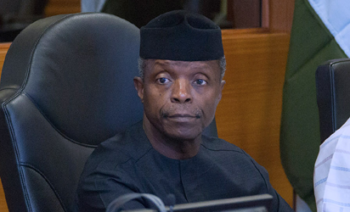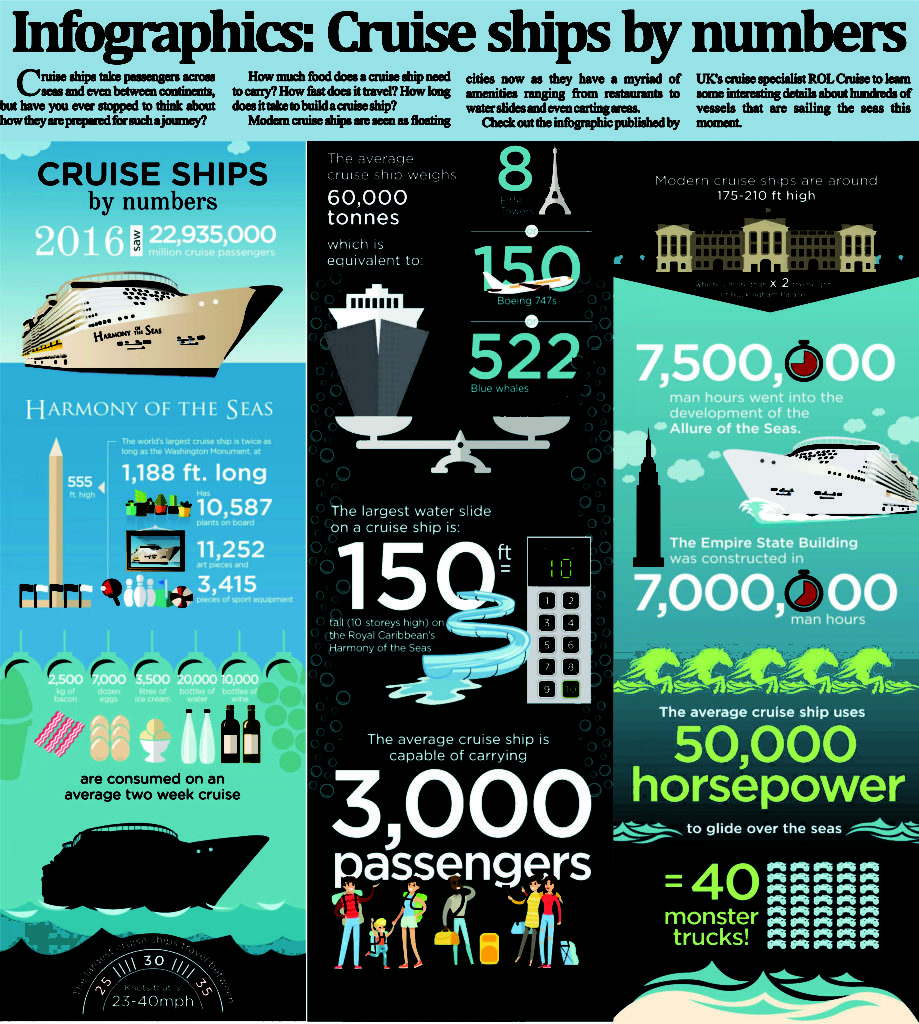
By Bolaji Akinola
The zeal and energy with which Nigeria’s Acting President, Professor Yemi Osinbajo, is working and tackling national issues should not come as a surprise to anyone. I’ve always been awed by how any one person could rise to the peak of his profession, his career and his religious calling. In academics, he rose to become a professor, which is the summit of scholarship; as a lawyer, he rose to the enviable rank of Senior Advocate of Nigeria and as a Christian, he pastors a big branch of the Redeemed Christian Church of God.
Osinbajo is a genius of our time. Just listening to him talk will leave even the most devious of his critics in admiration. He knows what to say at the right time. His words are always soothing and his steps ever so sure.
The Executive Order signed by the Acting President in May to ensure prompt cargo clearance at the Lagos Port Complex Apapa and reduce the cost of doing business in the country, shows Professor Osinbajo, unlike many other Nigerian leaders, possesses a working knowledge and good understanding of the importance of the nation’s seaports to the economic well being of the people. I’m looking forward to seeing the kind of genuine and sustainable reform he carried out in the Lagos judiciary when he served as the state’s Commissioner of Justice from 1999 to 2007, replicated in all economic and governmental sectors at the national level.
Well intentioned as it is, I believe the Executive Order will not produce the desired until certain infrastructural gaps are addressed.
For one, how will anyone be able to clear cargo at the nation’s seaports when the operations of Nigeria Customs Service, which is the principal government agency at the port and which is responsible for clearing cargo, are largely manual? Customs does not have functional scanners at the ports, which means it carries out physical inspection of every container arriving or leaving the port. This is not only archaic; it is backward, expensive and shameful. First is to flood the ports with modern scanners so that less than 10 per cent of imported cargoes are manually inspected as it happens in the developed ports we glowingly allude to. At present, manual inspection is 100 per cent. One is not aware of any port in the world where this is done.
Second, stakeholders have severally drawn government’s attention to the need for automation of Customs processes. Government must put an end to the hand carrying of documents by its officials from one desk to the other. It is not efficient and it is the rich soil in which corruption flourishes. Government agencies fall head over heels to be at the port and partake in cargo clearance because of the illegitimate financial benefits they derive from the process. Past studies estimate an average of 70 signatures on one clearing document. Each of the signatures costs money. Once automation is in place, government agencies will fizzle out of the port once they realize it is no longer lucrative. The daily order and counter-order sacking and reinstating government agencies at the port is unnecessary dissipation of energy; simply take away the sugar, the ants will disappear.
Third is the parlous state of the roads in Apapa. No matter how strong an Executive Order is; it will not ease the time and cost of doing business at the port if the roads that lead into and out of Apapa are not repaired. Perhaps His Excellency the Acting President should visit Apapa unannounced some day. If he announces the visit, cosmetic measures will be put in place to clear the mess before his arrival and he won’t see the true picture.
The Acting President will sure be shocked at the horrendous experiences commuters and truckers contend with daily on the severely damaged Ijora-Wharf and Appa-Oshodi roads. The way out? Government should implement the Apapa regeneration plan, which is expected to gulp a mere N110 billion.
‘Mere’ because it is on record that government realizes something in the region of two billion naira daily through payment of Customs duties, Nigerian Ports Authority charges and dues, Nigerian Maritime Administration and Safety Agency (NIMASA) levy and various other taxes and levies paid by operators. Government should therefore not have any issue spending a mere fraction of its earnings from the nation’s gateways to keep its cash cow alive.
While the Executive Order is good, its workability lies in the ability of government to urgently address the three major issues highlighted above. Everything else will fall in place afterwards.
